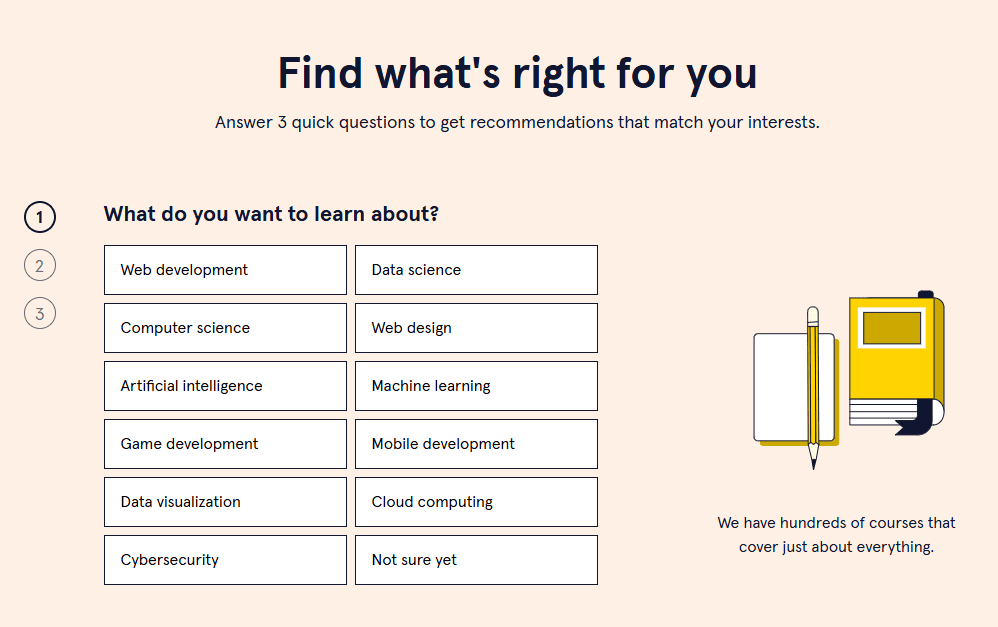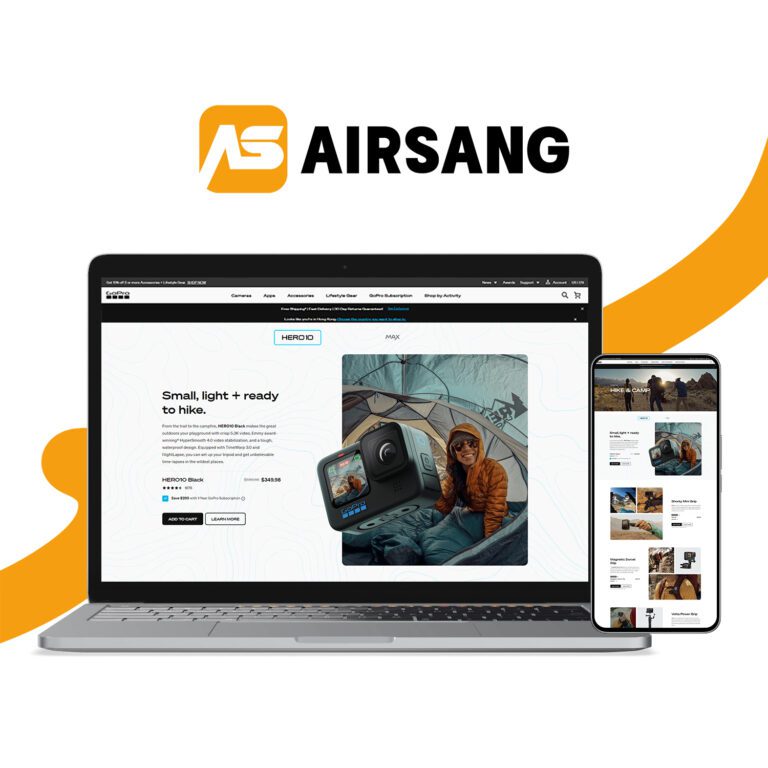Key factors to consider when choosing a programming language
Starting a web development project? Choosing the right programming language is crucial. With many options available, it’s important to select one that suits your website or web application needs. Read on to learn how to choose the best language for your project.

What is a coding language?
A programming language is a set of instructions that tell a computer what to do. In web development, programming languages are used to:
- Build websites
- Manage databases
- Create interactive features
The choice of language depends on the task—front-end (client-side) or back-end (server-side). Many modern languages are versatile and used for both.
Common Programming Languages for Web Development
Here are five popular programming languages for website development:
1) JavaScript: Essential for interactive web content, used for front-end and back-end (Node.js) development.
2) Python: Known for simplicity, it’s widely used for back-end development with frameworks like Django and Flask, and in data science.
3) PHP: Common for back-end development, especially with CMS like WordPress, and integrates well with databases for dynamic sites.
4) Ruby: Known for clean, readable code, often used with Ruby on Rails for rapid web app development.
5) Java: Versatile and robust, used for back-end development and large-scale enterprise applications.

What factors should you consider when selecting a programming language?
Choosing the right programming language for a web project depends on its specific needs. Here are key factors to consider:
- Project Type: Understand if you’re building a simple site, web app, or enterprise solution. For real-time apps, JavaScript/Node.js might be best; for data-driven sites, consider Python or PHP.
- Development speed: Some languages (e.g. Python, Ruby) are faster to develop, while others (e.g. Java, C++) give you more control but take longer to develop. Learn more about programming languages
- Performance and Scalability: High-traffic sites may need languages like Java or C++ for speed, but JavaScript and Python can be optimized for performance.
- Community Support: Choose languages with strong communities and frameworks (e.g., JavaScript, Python, PHP) to streamline development.
- Cross-Platform Compatibility: JavaScript and frameworks like React can be used for both web and mobile apps.
- Maintenance and Security: Consider long-term maintainability. Java, Python, and Ruby offer strong security features and regular updates.
Conclusion
There’s no one-size-fits-all programming language for web development. Your choice depends on project needs, goals, and resources. What works for one may not fit another.
If you are interested in these contents or want to know how to optimize your independent website, please feel free to contact airsang design
















